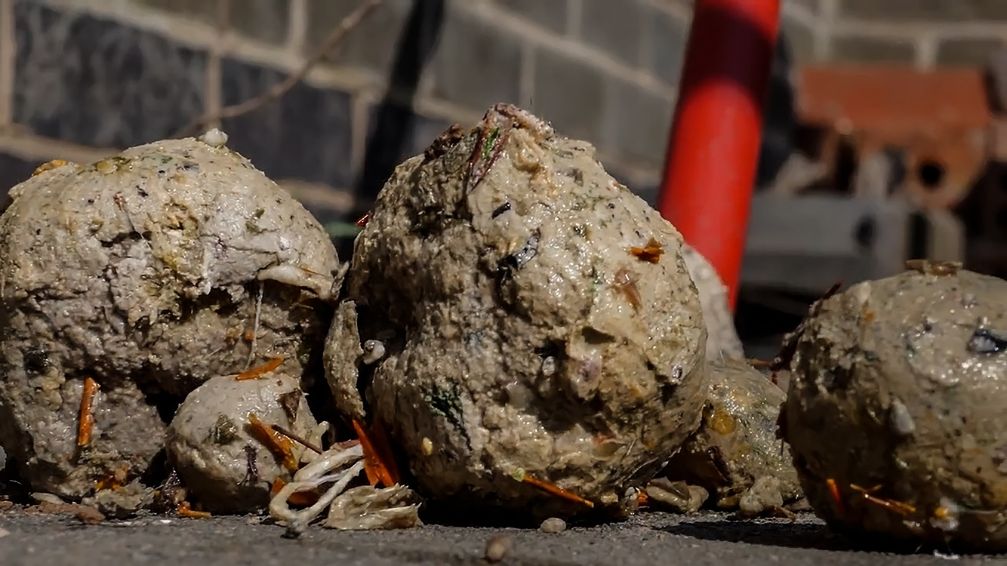Christmas is fast approaching, and as ever looks set to be a busy and potentially stressful time. While 43% of people feel that buying presents is the main worry at Christmas, cooking Christmas dinner comes second along with family arguments! That’s not surprising, considering that nearly a third of people will be eating Christmas dinner with more than seven guests and nearly half will spend over five hours preparing and cooking the festive meal.
If you’re worried about the fast-approaching festive season, one thing you definitely don’t want to add to your concerns is the risk of food poisoning. The Food Standards Agency has prepared some easy-to-follow tips to help ensure you have a happy and healthy Christmas period.
Kevin Hargin, Head of Foodborne Disease at the Food Standards Agency, commented: “If you’ve got family over for Christmas, there’s a lot to think about – from present shopping to where everyone’s going to sleep. In that long list of things to consider, it’s very important that food safety isn’t forgotten about. Planning is key, so make sure you follow some straightforward steps to ensure Christmas this year isn’t remembered for the wrong reasons.”
Top tips
Before Christmas – planning
- Start planning now and begin thinking about the meals you’d like to eat over Christmas, planning the ingredients you will need, thinking about what you've already got and writing a shopping list.
- Think about how many people you’ll have to cater for and plan meal-by-meal – this might prevent the temptation of over-buying food. You can also build in ideas for creating meals from leftovers.
- Consider what storage space you have, and make sure you won’t be overcrowding your fridge (as this can reduce its efficiency).
Mid-December
- Think about what could be cooked in advance and frozen to save time on the big day.
- Cold temperatures slow the growth of germs so make sure your fridge is running at the correct temperature - below 5 degrees C.
- To prevent cross-contamination, ensure that you store raw turkey (and other raw meat and poultry) separately from other food, covered and chilled on the bottom shelf of the fridge.
- To make room for the turkey and other perishable foods why not move the beer, wine, and some unopened jars to the shed or garden?
Preparing the turkey
· If you are using a frozen turkey, make sure you check how long it will take to defrost safely. To do this, first of all see if there are instructions on the packaging. If there aren’t any defrosting instructions, use the following times to work out roughly how long it will take to thaw your turkey.
- In a fridge at 4°C (39°F), allow around 10-12 hours per kg, but remember that not all fridges will be this temperature.
- In a cool room (below 17.5°C, 64°F), allow approximately three to four hours per kg, or longer if the room is particularly cold.
- To prevent the spread of food poisoning germs like campylobacter, make sure that you wash everything that has touched your raw turkey (e.g. hands and utensils) in soap and hot water.
- Don’t wash your raw turkey under the kitchen tap as this can splash germs around your kitchen.
- Make sure you allow time for your turkey to cook. Check it’s cooked thoroughly - there should be no pink meat in the thickest parts and it should be steaming hot with juices running clear. You can use a cooking thermometer (which is left in the turkey while it cooks); this should be placed in the thickest part of the turkey (this is between the breast and the thigh) from the start. You’ll know your turkey is cooked when the thermometer has reached a temperature of 70oC for more than 2 minutes.
Dealing with leftovers
- If you’ve got leftovers, you should cool them, then cover and ensure that they go in the fridge or freezer within 1-2 hours. If you have a lot of one type of food, splitting it into smaller portions will help it to cool quickly and means you can freeze and defrost only what you need for future dishes.
- Leftovers should be eaten or frozen within two days (one day for rice dishes).
- If you make a new meal such as curry or casserole from the leftovers, then you can also freeze this, even if you are using turkey that was originally frozen.
- Make sure that when you come to use frozen leftovers, you defrost them thoroughly in the fridge overnight or in a microwave (on the defrost setting) and then reheat until steaming hot.
- If you are having people over for buffets or parties post-Christmas, make sure you only take food out of the fridge at the time when guests are ready to eat and only as much as you think you’ll use. Put food back in the fridge as soon as you can, ideally within an hour.
















